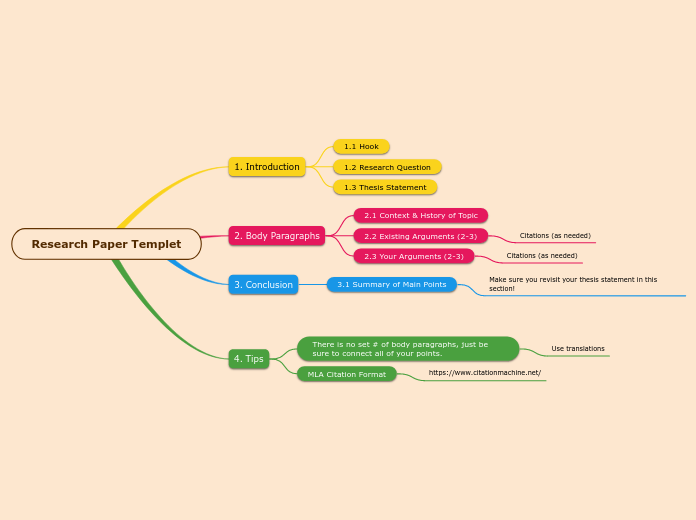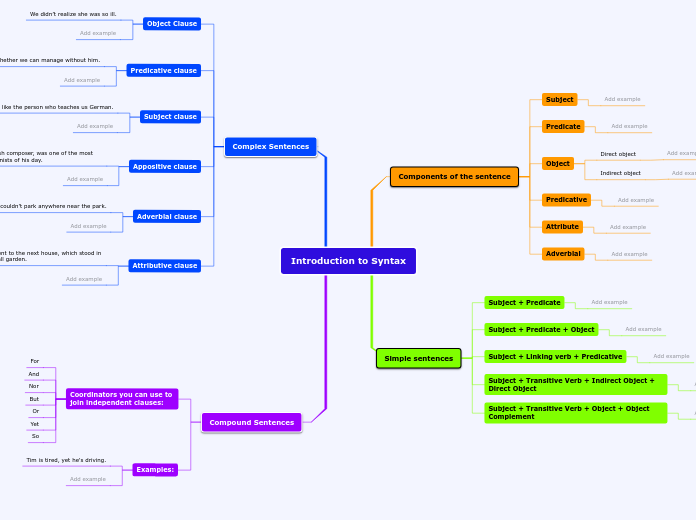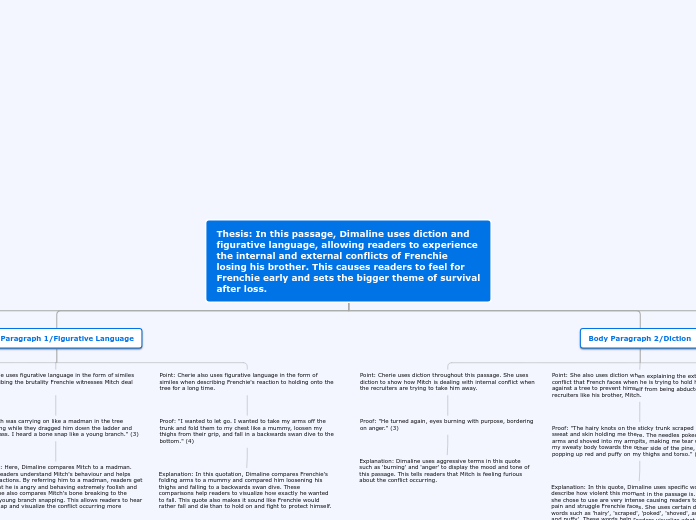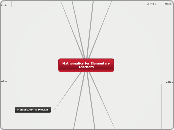Evocative values:
Many of our words owe their expressiveness and their emotive effect to the associations which they call forth.
Key Points
French vocabulary is vague and undifferentiated, making context important for understanding the meaning of a word.
Examples from the text include the comparison of German and French prepositions, and the use of abstract nouns in French syntax.
Even concrete words can have multiple meanings depending on the context and user.
French word formation and phraseology prioritize the general over the particular.
Nominal syntax is popular in French, which means the use of abstract nouns instead of verbs.
French language is highly abstract and allusive, with a preference for simple words and a lack of precision compared to German.
Logical and Emotive factors in meaning
Language Characteristics of French
Multiplicity of Word Meanings
Supremacy of General over Particular
Importance of Context in French Vocabulary
Nominal Syntax
Lack of Precision Compared to German
Preference for Simple, Unmotivated Words
Abstractness of French
Emotive Overtones
Sources of Emotive Overtones
Emotive derivation:
There are some suffixes, for example, diminutive, argumentative, pejorative
and other, which add an emotive note or a value-judgment to the meaning of the stem.
Slogans:
It often happens that political and others slogans become so heavily charged with emotion,
that the latter will commpletely supersede their objective sense.
Context:
The mos ordinary and prosaic, may, in certain contexts, be surrounded by an emotive aura.
Phonetic factors:
The phonetic structure of a word may gives rise to emotive effects in two different ways.
The emotive use of words is a more simple matter
it is the use of words to express or excite feelings and attitudes.
Language is not merely a vehicle of communication
it is also a means of expressing emotions
And arousing them in others.
Loss of Emotive Meaning
The following four seem to be particularly significant
Words may lose their evocative power as they pass from a restricted milieu into common usage.
"Law of diminishing returns"
Hyperbolical terms are even more affected for this law.
Such expressions become fashionable and how quickly they go out of fashion.
Constant repetition has taken the edge of many comparisons and metaphors.
The more often we repeat an expressive term of phrase, the less efective it will be.
Loss of motivation
May also deprive words of their emotive colouring.
A term which is no longer felt to be onomatopoeic will lose the expressiveness it had derived from the harmony between sound and sense.
Slogans and key-words
Which held the stage at one time in politics, art, philosofy and others spheres may, with changed circumtances, lose their relevance and cease to arose strong feelings.
Some emotive overtones
Are fairly constant in a given period but may weaken, or disappear altogether, in the course of time.
Are ephemeral, contextual or purely subjective
Emotive Devices
The device fall into three groups:
Syntactical devices
The most valuable emotive devices in syntax is word-order.
Lexical
A kindred figure of speech, whose chief function is to give vent to strong, feelings is exageration or hyperbole.
The most potent available for emotive and expressive purpose is figurative language.
This can work by comparison or metaphor.
Phonetic
In some languages, these "phonostylistic" devices,are systematically organized.
Under the stress of emotion, the shape of ours words may be altered in different ways.
There exist in every language specific devices which help to reinforce the emotive significance of words.
Some are universal.
Others are peculiar to a given language.
Words with Blurred Edges
Vagueness
Generic character
Generic nature
"abstractness"
Non-distinctive features
e.g. size, shape, colour of
a particular apple
Distinctive features
e.g. common to all the objects of
which we use the word apple
Words denote classes of things bounded together by come common element
Wittgenstein
Symbolist Movement
Suggestive and evocative power of words
word
vagueness
Lack of precision









